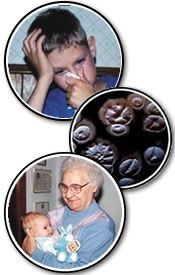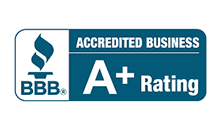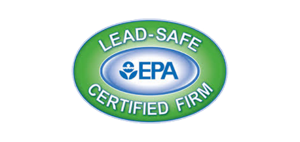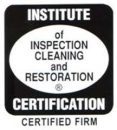Mold Health Hazards
Allergic Reaction
Molds can produce a variety of allergenic substances, odorous chemicals, and toxic metabolites. When it multiplies and spreads indoors, high levels of mold can cause a spectrum of health effects.
- People are mainly exposed to mold by inhaling spores and skin/eye contact -- actively-growing mold also releases chemicals to the air which people breathe
- Allergic symptoms are the most common problems (e.g., mucous membrane irritation, rhinitis, and rashes)
- More severe effects (e.g., asthma attacks, hypersensitivity pneumonitis, infections, or toxic reactions) may also occur
Molds have the potential to cause health problems. Molds produce allergens (substances that can cause allergic reactions), irritants, and in some cases potentially toxic substances (mycotocins). Inhaling or touching mold or mold spores may cause allergic reactions in sensitive individuals. Allergic responses include hay fever-type symptoms, such as sneezing, runny nose, red eyes, and skin rash (dermatitis).

Who Does Mold Affect?
- Newborn Children
- Children and the Elderly
- People with Respiratory Problems
- People with Compromised Immune Systems
- Certain individuals, especially children, exhibit severe reactions which include damage to lung tissue, memory loss, and even death
Allergic reactions to mold are common. They can be immediate or delayed. Molds can also cause asthma attacks in people with asthma who are allergic to mold. In addition, mold exposure can irritate the eyes, skin, nose, throat and lungs of both mold-allergic and non-allergic people.
Research
Research on mold and health effects is ongoing. This page provides a brief overview; it does not describe all the potential health effects related to mold exposure. For more detailed information consult a health professional. You may also wish to consult your state or local health department.
Do not attempt to remove mold on your own, it could make the situation much worse!
Disturbing mold can cross-contaminate your home or business and can increase the risks to persons in the area!


















